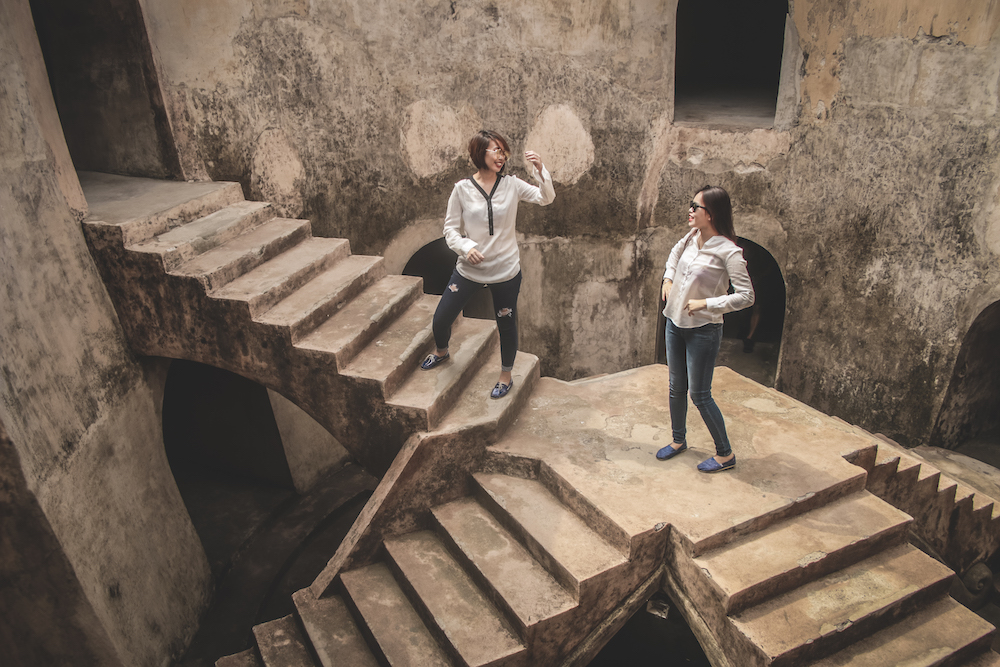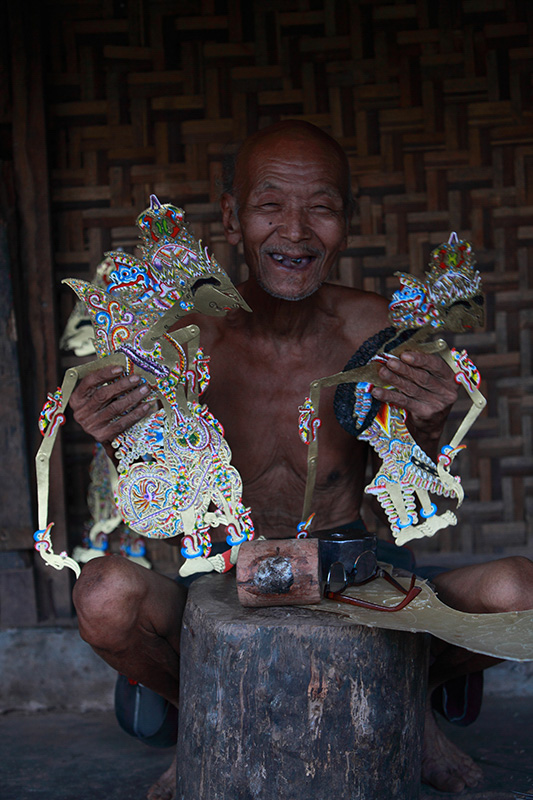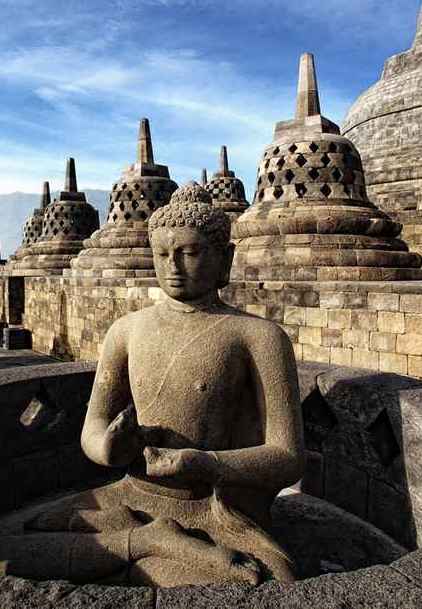
Yogyakarta—or Jogja, as locals lovingly call it—isn’t just another Indonesian city. It’s a cultural gem where history breathes through every street corner, temple, and smiling local. Often referred to as the soul of Java, Yogyakarta offers a unique blend of heritage, tradition, and living culture that’s unmatched anywhere else in the archipelago.
One of Jogja’s most charming qualities is how it balances its ancient roots with contemporary flair. You’ll find traditional puppet theaters near hip cafes, age-old batik markets beside indie art galleries. It’s a melting pot of past and present that just works.
Yogyakarta holds a unique status as a special region ruled by a Sultan, blending monarchy with modern governance. It played a pivotal role in Indonesia’s independence and still holds tight to its royal traditions today.
The Kraton – Royal Palace of Yogyakarta
A Living Museum of Javanese Culture
The Kraton is more than a palace—it’s the beating heart of Jogja. Built in the 18th century, this is where the Sultan and his family reside. But it also serves as a cultural hub where Javanese traditions are preserved and performed.
Traditional Ceremonies and Daily Life at the Palace
From gamelan music to royal dance performances, visiting the Kraton gives you front-row access to living traditions. Don’t be surprised if you walk into a ceremony; they happen often and are open to respectful visitors.


Ancient Scripts and Literature of Java
Yogyakarta is more than a travel destination—it’s a timeless story waiting to be experienced. From ancient temples to living traditions, from culinary gems to handcrafted batik, every moment here teaches you something new. If you crave a deep, soul-enriching travel experience, Jogja is calling.




This city is considered the soul of Java because it preserves ancient customs while embracing modern creativity. It’s home to Kraton Yogyakarta, the royal palace where traditional ceremonies are still practiced. Just outside the city, you’ll find world-famous temples like Borobudur, the largest Buddhist temple on Earth, and Prambanan, a stunning Hindu complex—both UNESCO World Heritage Sites.
Visitors love Yogyakarta for its friendly people, rich cultural experiences, and deep historical roots
Yogyakarta is also a hub for art, batik, music, dance, and theater. Streets like Malioboro are vibrant with local shops, street performers, and delicious food vendors. The city is a gateway to traditional villages, volcanic landscapes like Mount Merapi, and hidden beaches along the southern coast.





